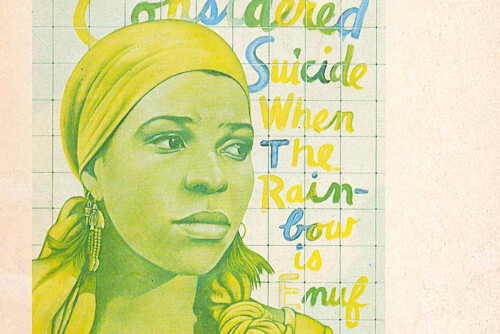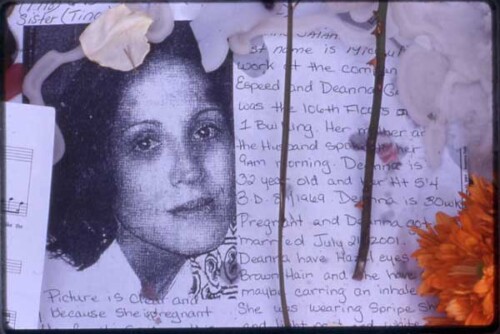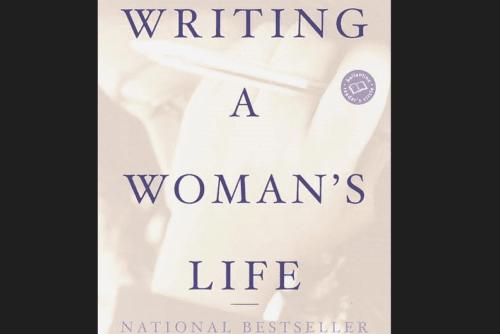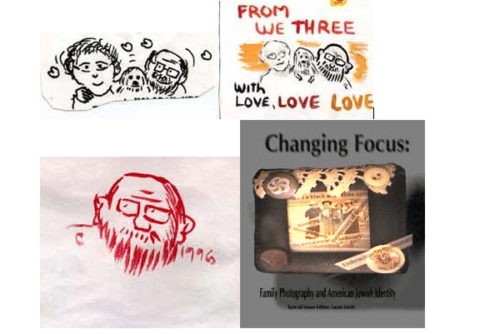Actor, playwright, and producer Mũmbi Kaigwa began her career in the arts at age ten, when she appeared in Wole Soyinka’s The Strong Breed on Kenyan television. Since then, she has performed in countless productions, ranging from Eric Wainaina’s musical, Mo Faya, to Fernando Meirelle’s film, The Constant Gardener. She appeared in the first Kenyan production of for colored girls in 1987.
After leaving a job with the United Nations, Kaigwa founded the Theatre Company and later founded The Arts Canvas (Turubai za Fani), a production company committed to socially and politically engaged theatre. Since November 2011, Kaigwa has been celebrating forty years of her involvement in the arts, and The Arts Canvas has been producing her favorite works, including a production of for colored girls in the summer of 2013. The celebration will culminate in the production of They Call Me Wanjiku, the third of a trilogy of plays written by Kaigwa (the other two are Voices of a Dream and KigeziNdoto: A Hook for Dreams). This interview was conducted over Skype on October 15, 2013, shortly before Kaigwa began performing in Nyambura Waruingi’s production of Margaret Edson’s Wit in Nairobi.
Chris Cynn: In 1987, you starred in [your first production of for colored girls] and you just directed and starred in another one, in which your daughter also co-starred.
Mũmbi Kaigwa: Yes, that’s right. You’ve been doing your research. How did you know all this? Is it online?
Chris Cynn: Yes, mostly online. I’ve been reading, mostly articles.
Mũmbi Kaigwa: Okay, all right. It makes my neck stand on end because I’ve just been listening to the documentary about how Google tracks us and has all this information that we don’t even know that they’re keeping about us. [Laughter]
Chris Cynn: I know—it’s kind of terrifying.
Mũmbi Kaigwa: It’s fine. I love the fact that I can be reached and that I’m able to put the stuff that I’m doing up online because the theater—it’s so ephemeral. You can’t record it, and if you weren’t there, you weren’t there. So your email, out of the blue, was delicious and delightful because it meant that somehow I was out there.
Chris Cynn: And clips, actually, from the 2013 production were out there. I had a little taste of it from the CNBC and the ABN Digital piece on the production. 1
Mũmbi Kaigwa: Yes, yes. It’s unfortunate that there was something wrong with that upload, so it’s not complete. But as you say, at least a little bit of it is up there. Also, the night that they came to do the interview, the lights in the theater had blown out, which is why it’s not very well lit.
Chris Cynn: Oh, that always happens with impeccable timing.
Mũmbi Kaigwa: It was our technical week and everything was going wrong.
Chris Cynn: What was happening in Kenya, or in the theater scene, that propelled the mounting of that 1987 production [of for colored girls]?
Mũmbi Kaigwa: Yeah, well, I’m not really sure because I was just a young kid. I was in my early twenties, and I was working with a company called Tamaduni Players that was two women, both who’ve left the country now, but one is from the Gambia, her name is Janet Badjan-Young, and the other is Mũmbi wa Maina, who is an African American woman who is married to a professor here in Nairobi. 2 They used to do pretty much the most exciting work that I remember. Even then, they were doing very exciting work, feminist work and stuff that nobody else was doing, and it seemed a natural progression for them to do this piece. I’m not sure if they had any specific rationale behind producing it.
But I played lady in brown in the 1987 production, which was pretty much the first time it had been put on, and then got invited to do the show the following February, in 1988, at another theater. And I think, if I’m not wrong, we were the first all-black, all-female cast directed by a black person. On many levels, it pushed a lot of buttons.
The critics, who were all white at the time, the theater critics, they didn’t like it, and they didn’t hold back how much they didn’t like it, and I have—because I’m a bit of a squirrel in that way—I have copies of some of the press that came out after the show. They said people should come and see it, but they did say that people walked out of the show, and that it was too strong, possibly for the size of the space. It’s a little theater of 120 seats, and it was, I think, reading between the lines, I don’t think they liked it either. [Laughter] They found it too strident.
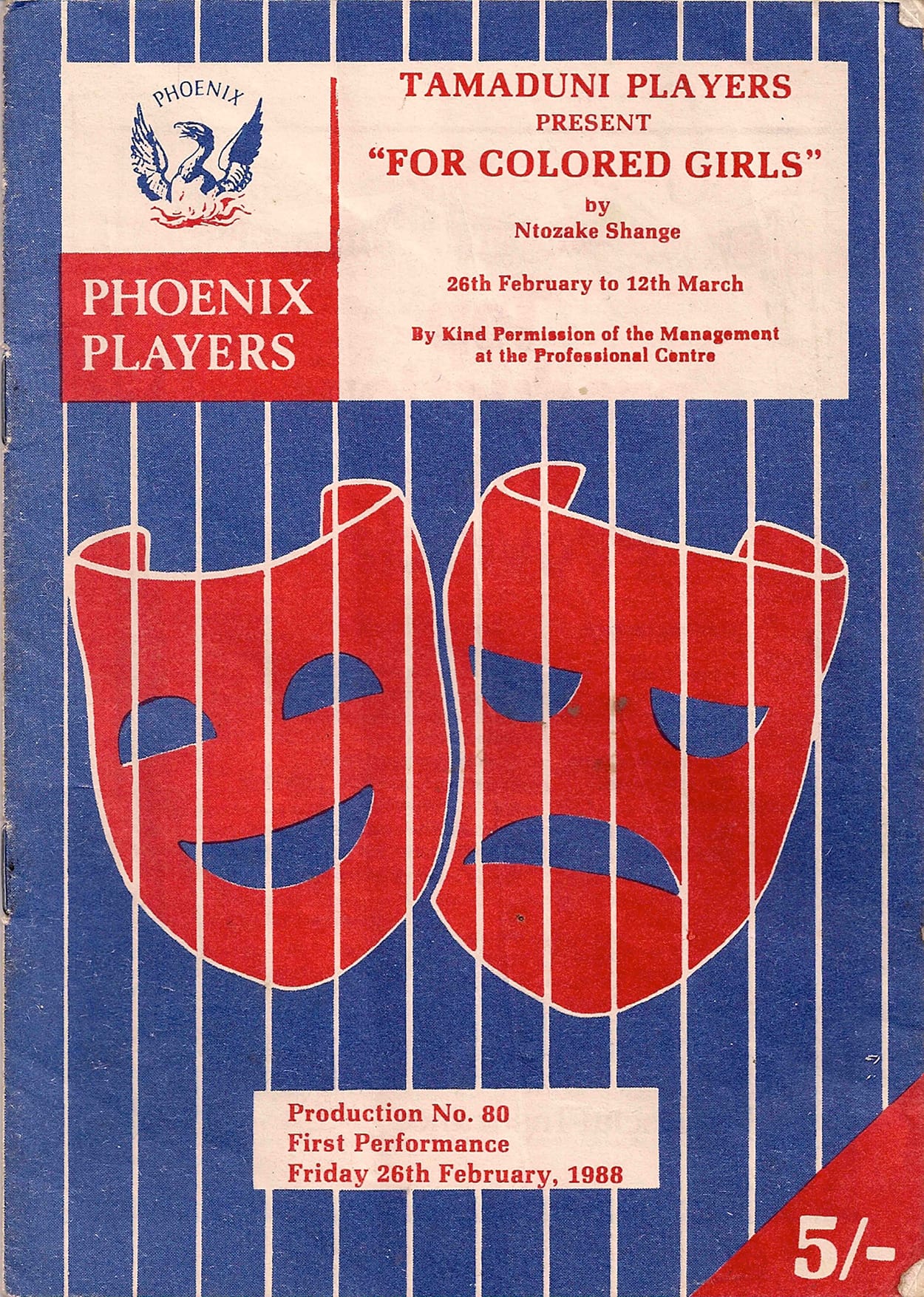
Chris Cynn: Too strident. What did they think was too strong? Why do you think people were walking out?
Mũmbi Kaigwa: I think because here were seven women, pretty much pissed off about how men had seen them or treated them, and I think it was something that wasn’t very common. It wasn’t something that people were familiar with, that sort of outspoken woman who would say what she felt, and more specifically, speak about her sexuality so openly. Kenya has always been a very conservative society, and even though this is the capital, Nairobi, it’s still quite conservative. It was interesting to compare the audiences then and now, and [to see] how relevant material still is. It was almost sad, the things that women were saying about the show were that they found it so—what’s the word that so many people used?—so liberating to be able to hear themselves speaking.
A lot of women said that they felt as if it was they themselves who were telling the story, that it was so personal and particular to them, in terms of the way that they felt about how they had been treated. The theme of suicide seemed to be very close to a lot of people. I got a lot of—not a lot—but I got a significant number of people contacting me about their suicide attempt. There was one woman whose suicide, apparently, I stopped because she came to watch the show. So for me, as a producer, director, and performer, it was very moving.
Chris Cynn: That’s interesting that you were saying that you felt a kind of depressing relevance to the play, both in 1987 and in the contemporary moment, but that you did feel a difference in the audience response. Can you account for that? Why do you think in 2013 that there were some really intense responses, especially by women to the production, whereas in 1987, you said you felt like a kind of backlash by a white theater establishment and press?
Mũmbi Kaigwa: Well, obviously, as a director I probably heard more about the 2013 production than I did about the 1987 and 1988 productions, since I was an actress, and not the producer or the director. But I did feel that in both cases. I was doing the show in 2013 as part of a retrospective that I’d been doing for the last almost two years of work that I’ve enjoyed, work that I wanted to share again. Having been in theater for many years, I felt that there was work that I particularly enjoyed, and there aren’t that many more strong performances for women, and this was a good one. So I wasn’t really thinking about its relevance, so much as I was thinking about doing something for myself. What was interesting among the people who then were in the cast, as well as those who were in the audience, was that there was those who weren’t familiar with the piece, and a lot of people are more familiar with it because of the film version by Tyler Perry, which I haven’t watched.
But there were people who knew of it because of that, not because of the work from before. And then, there were people who did know of the work from before. And then there were those who were complete blank slates and didn’t know Ntozake Shange, or her work, or this piece from before. I guess what was interesting to me was that even though it was written in the 1970s, women were still finding it very relevant. Because of the way I work—I tend to encourage audience response and discussion—I found it interesting that almost thirty years later, women were still feeling that they didn’t have a space in which they could speak out, and they felt as if they were not well treated.
Chris Cynn: The play seems to be so specifically centered in the United States. It evokes a very specific US, American, urban geography, and it seems very grounded in the 1970s in many ways, responding to a certain white, US feminism; the anti-Vietnam War movement; a Black Arts Movement, and it also seems to be affirming a kind of Africanicity that’s rooted in the diaspora. The United States, the Caribbean—Puerto Rico, Cuba, Haiti—are some of the other spaces that the play references. I’m wondering what kind of adaptations or translations did you feel were necessary for a specifically Kenyan audience?
Mũmbi Kaigwa: Absolutely none. I did none. I sometimes do, with permission from the playwright. But I felt that this, the patois, the rhythm, the way that the piece was written, if I were to change it, we might have said things like “Hispanic,” instead of “spic,” for instance, but everything else we just kept exactly as it was. 3 We found the music exactly, and we played some of the music before the show, and some of the music inside the show, as per the script, and then some of the music after the show. Like you say, it is a very American play, very particular and specific to a particular era. Nairobi is the capital, but I would imagine that even if we took the show outside of Nairobi, it would still sit well, interestingly. I think the world has become so much smaller, in terms of what we think people will understand. Maybe because it is poetry, and the poetry, its poetics, the rhythm of the show—it’s not so much about what the language is, it’s about the rhythm and the dance and the movement, and I think that that Kenyan audiences could appreciate that because as Africans, we are a lot more physical on stage than possibly, I don’t know, Czechoslovakians might be. [Laughter]
Our theater tends to be a lot more physical, a lot more languid and sensual—there’s a lot of movement, anyway. There were people who said they didn’t understand, of course. There were people who got it just on a spiritual level. I think that’s the thing about great theater. I’ve done Ibsen for audiences in Nairobi, and they got it. So I don’t know, I think good theater just translates.
Chris Cynn: You said that some people, or more people were familiar with Shange because of the Tyler Perry movie?
Mũmbi Kaigwa: Yeah, unfortunately. I mean, I haven’t seen it, but I’ve heard things about it that made me clear in my mind that I’m not going to see it.
Chris Cynn: Yeah, I think they made some pretty significant revisions to the play.
Mũmbi Kaigwa: Unfortunately. Like writing new characters into the script—I didn’t understand what that was for. One of the things that I really, really didn’t like was that people would say: “Which one is the prostitute and which one was the…?” They would label the women, and yet, I don’t feel in my direction of it, or even in my performing of it in 1987, that there is any distinct feeling of a particular label that can be given to any of the women. So I got a bit upset that people thought that they could identify certain types of women because then it, for me, goes completely in the opposite direction of what it is I think Ms. Shange was trying to do.
- See https://www.youtube.com/watch?v=2EATlezrpH8.[↑]
- Tamaduni Players was a populist, political theatre company that emerged as part of an alternative to the Kenya National Theatre and that sought to broaden and engage theatre audiences. Janet Badjan-Young is a a playwright, director, and one of the founders of the Tamaduni Players, and has also worked for the United Nations in various administrative capacities. She directed the 1987-1988 Nairobi production of for colored girls. Mũmbi wa Maina was one of the stars of the 1987-88 Nairobi production. Her husband is Mau Mau historian and political activist Maina wa Kinyatti.[↑]
- This language appears in the original version of for colored girls.[↑]
